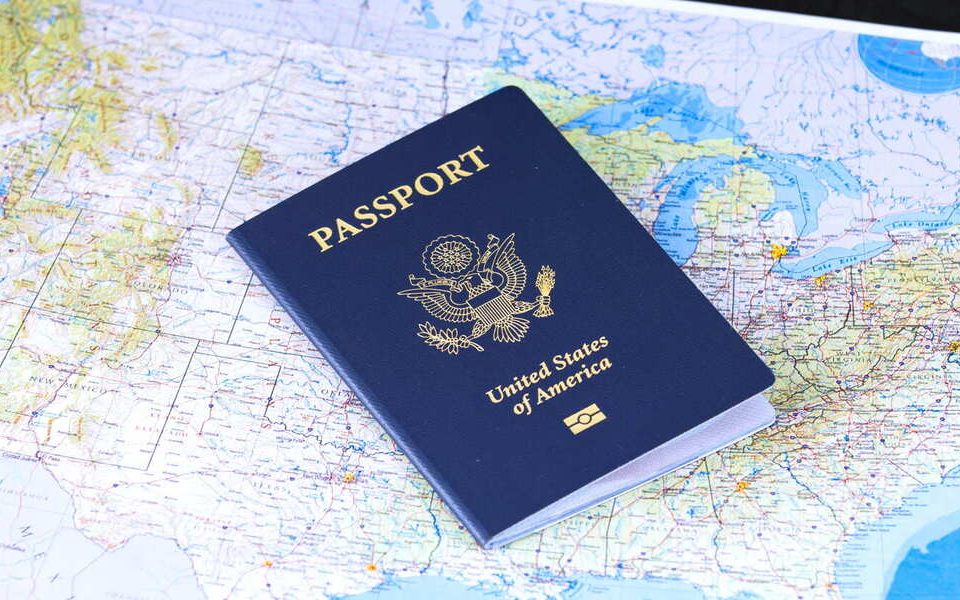- Have any questions?
- WhatsApp: +44 7584676158
- [email protected]
How is the US implementing a safer betting policy?
Many countries often implement regulations and policies to protect consumers and mitigate the potential risks associated with gambling.
These policies can include measures such as:
- Licensing and Regulation: Governments may require betting operators to obtain licenses and adhere to strict regulations to ensure fairness, transparency, and responsible gambling practices.
- Age Restrictions: Establishing and enforcing legal age limits for participating in gambling activities helps prevent underage gambling.
- Responsible Gambling Programs: Betting operators are encouraged or mandated to implement responsible gambling initiatives, such as providing information on the risks of gambling, offering self-exclusion options, and promoting responsible gambling behavior.
- Problem Gambling Support: Governments may allocate resources to provide support and treatment programs for individuals affected by problem gambling, including helplines, counseling services, and treatment centers.
- Advertising and Marketing Guidelines: Regulating betting operators’ advertising and marketing practices can help prevent misleading or excessive promotion and ensure responsible advertising standards.
- Financial Controls: Implementing measures to monitor and restrict the flow of funds related to gambling activities, such as setting betting limits, can help prevent excessive gambling and reduce the potential for financial harm.
- Data Protection and Privacy: Ensuring that the personal information of bettors is protected and handled securely is crucial to maintaining trust and preventing potential misuse of sensitive data.
Specific policies and their effectiveness can vary between countries, and developments in safer betting policies are updated regularly. If you need more specific regional information, refer to official government sources, regulatory bodies, or reputable news outlets specialized in gambling regulations to obtain the most up-to-date information on the US implementing safer betting policies.
Several other countries have implemented safer betting policies to promote responsible gambling practices. To name a few:
- United Kingdom: The United Kingdom has a well-established regulatory framework overseen by the UK Gambling Commission. They have implemented strict licensing requirements for operators, guidelines on responsible gambling advertising, mandatory self-exclusion programs, and measures to prevent underage gambling.
- Australia: In Australia, the government has implemented various initiatives to address problem gambling, including establishing the National Consumer Protection Framework. This framework includes measures such as mandatory pre-commitment systems, limits on gambling advertising during sports events, and the provision of gambling support services.
- Sweden: Sweden introduced new gambling legislation in 2019 to strengthen consumer protection and responsible gambling. The Swedish Gambling Authority regulates the market and ensures operators comply with strict requirements, such as reliable gambling measures, self-exclusion programs, and restrictions on advertising.
- Singapore: Singapore has implemented a comprehensive framework for responsible gambling, including establishing the National Council on Problem Gambling (NCPG). The NCPG focuses on public education, awareness campaigns, and providing support services for individuals affected by problem gambling.
- Canada: Different provinces in Canada have their own regulations and policies for safer betting. For example, in Ontario, the Alcohol and Gaming Commission of Ontario (AGCO) regulates the industry and promotes responsible gambling practices. They require operators to implement responsible gambling programs, provide self-exclusion options, and adhere to advertising guidelines.
It’s important to note that the specific policies and regulations can vary between countries and even within different regions of the same country. These examples highlight some approaches governments took to promote safer betting, but numerous other countries have their own initiatives and regulations.




